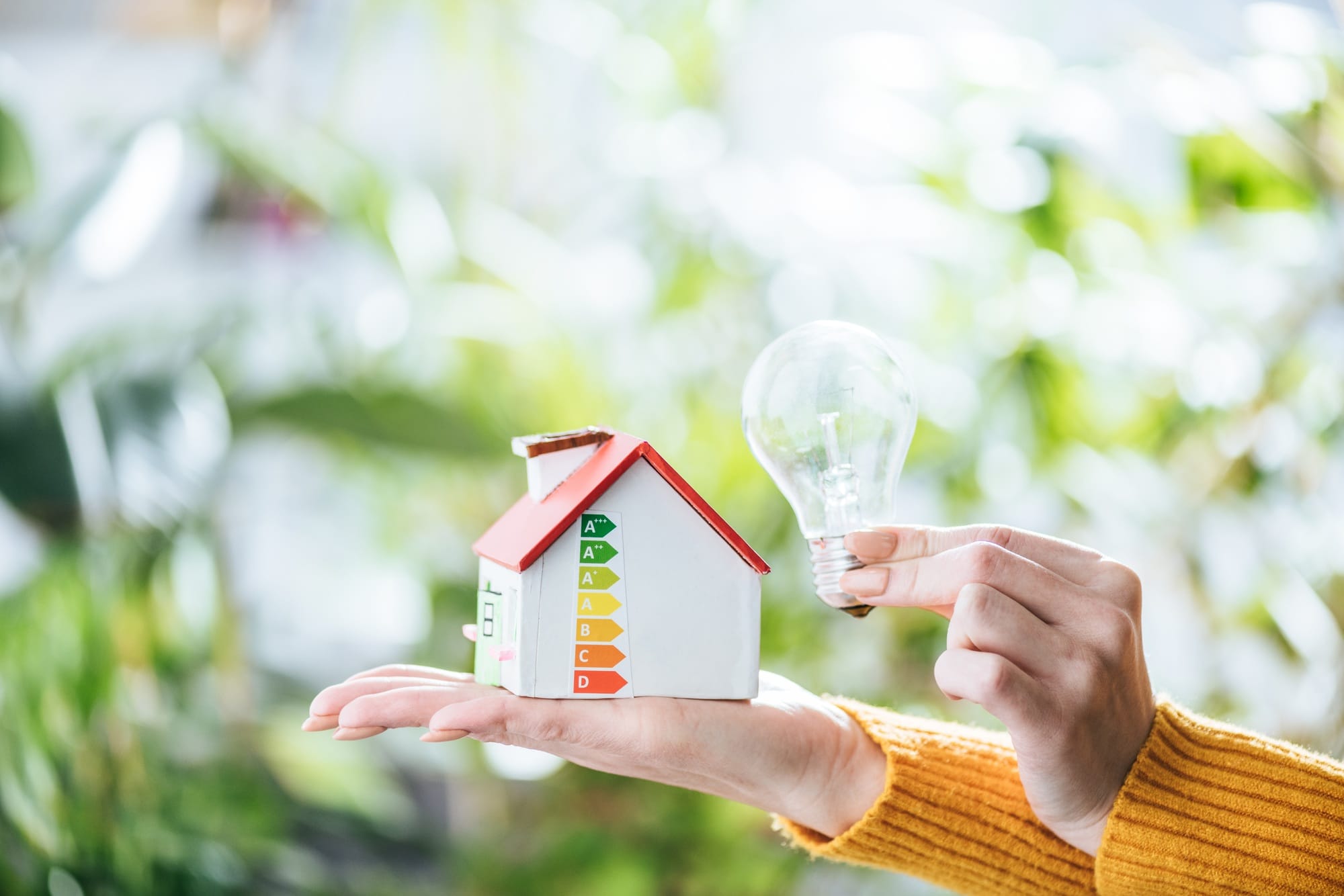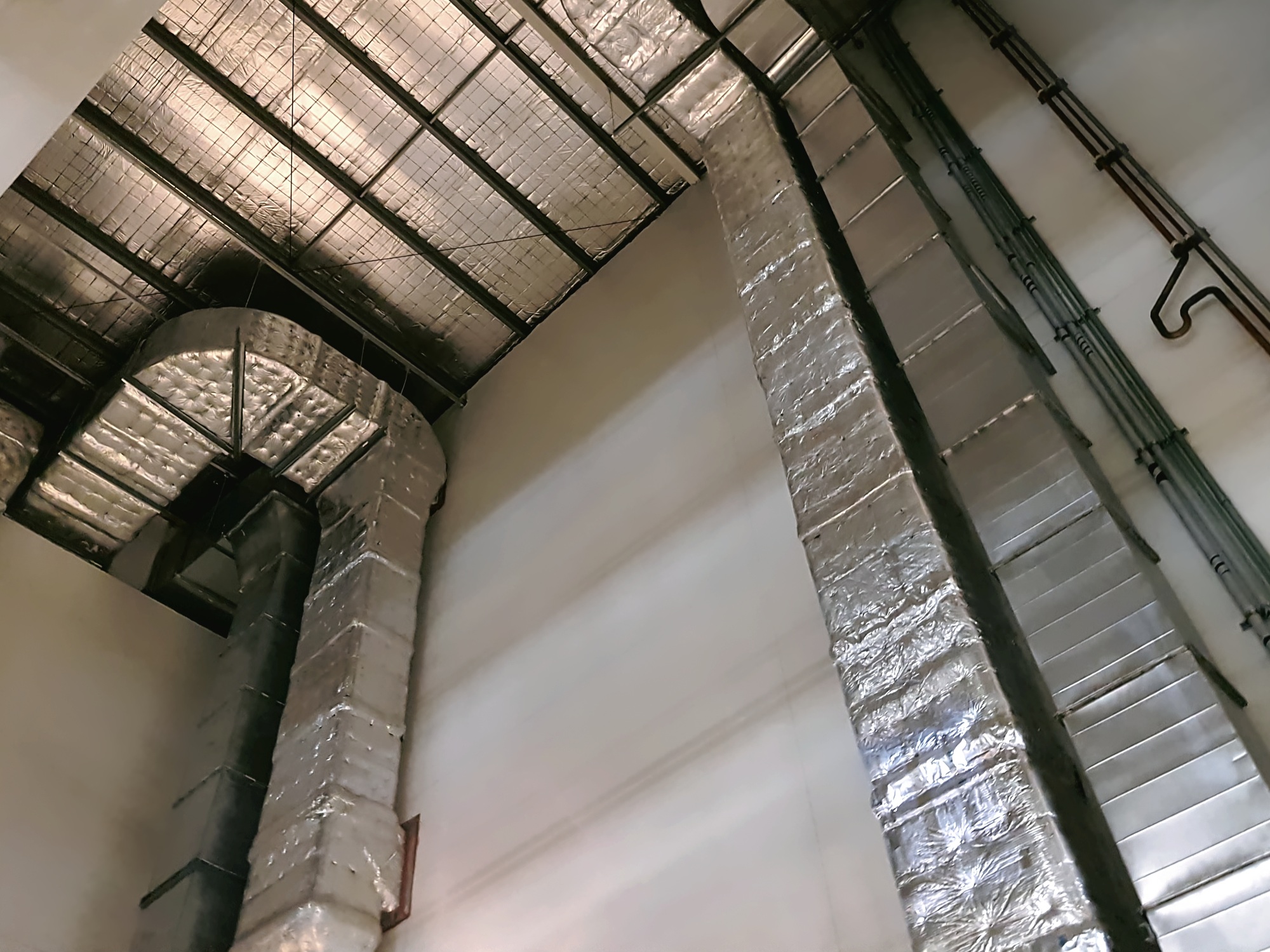In today’s world, energy efficiency is more than just a buzzword; it’s a necessity for sustainable living. As homeowners, we have the power to make significant changes that not only benefit our wallets but also positively impact the environment. In this article, we’ll explore the importance of energy efficiency, its benefits, and some practical tips to make your home more energy-efficient.
Why Energy Efficiency Matters
Energy efficiency refers to using fewer resources to provide the same service. By making our homes more efficient, we can significantly reduce energy consumption, lower greenhouse gas emissions, and conserve natural resources. Here’s why it matters:
- Reducing Energy Costs: One of the most immediate benefits of improving energy efficiency is lowering your utility bills. According to the U.S. Department of Energy, homeowners can save an average of 25% on energy costs by making their homes more energy-efficient.
- Environmental Impact: Energy-efficient homes contribute to reducing carbon emissions, which helps combat climate change. Every small change in energy usage adds up when viewed collectively across millions of households.
- Enhanced Comfort: Energy efficiency doesn’t just save money; it also increases comfort. Proper insulation, efficient heating and cooling systems, and proper air sealing can create a more consistent indoor environment throughout the year.
- Increased Home Value: Energy-efficient homes often have a higher market value and can be attractive to prospective buyers, as they promise lower utility costs and a reduced carbon footprint.
Tips for Improving Energy Efficiency in Your Home
Now that we understand the importance of energy efficiency, let’s explore some actionable tips to make your home greener:
- Conduct an Energy Audit: Start with a professional energy audit to identify areas of improvement. Energy auditors use various tools, such as blower door tests, to find leaks and assess your home’s energy performance.
- Seal Air Leaks: Check for gaps and cracks in windows, doors, and walls. Use caulk or weatherstripping to seal these leaks and prevent conditioned air from escaping.
- Upgrade Insulation: Insulation plays a crucial role in maintaining the temperature of your home. Ensure that your attic, walls, and floors have adequate insulation to minimize heat loss in winter and keep your home cool in summer.
- Choose Energy-Efficient Appliances: When it’s time to replace appliances, look for ENERGY STAR-rated products. These appliances consume less energy and water, making them better for the environment and your wallet.
- Install Programmable Thermostats: A programmable thermostat allows you to set temperature schedules based on your lifestyle. This ensures that your heating and cooling systems are only working when needed, reducing energy consumption.
- Consider Renewable Energy Sources: Explore the possibility of integrating renewable energy sources like solar panels or wind turbines. These options can provide substantial long-term savings and contribute to a more sustainable future.
- Improve Indoor Air Quality: Regularly replace air filters in your HVAC system and consider using air purifiers. Good indoor air quality affects your health and can also enhance the efficiency of your energy systems.
Conclusion
Making your home more energy-efficient is not only beneficial for the environment but also economically advantageous. By following these tips and considering professional services like energy audits and insulation upgrades, you can create a more comfortable, cost-effective, and sustainable home. Remember, every small step counts — together, we can make a big difference!
For more information or to schedule an energy audit, contact us at [Your Company Name]. Let’s work together towards a greener future!




 76 Design Solutions
76 Design Solutions